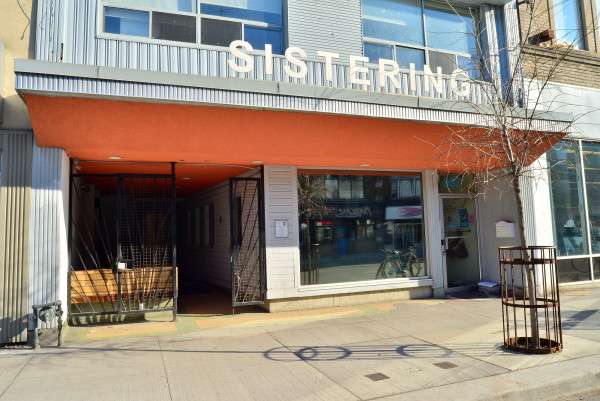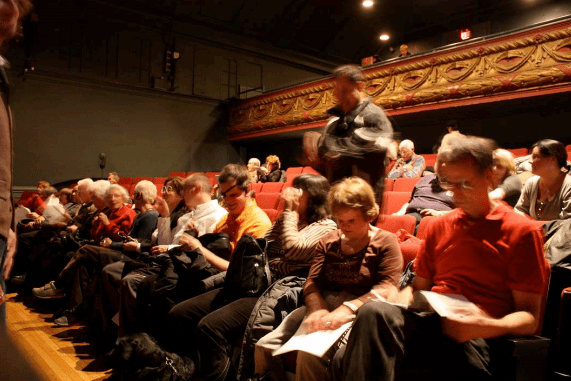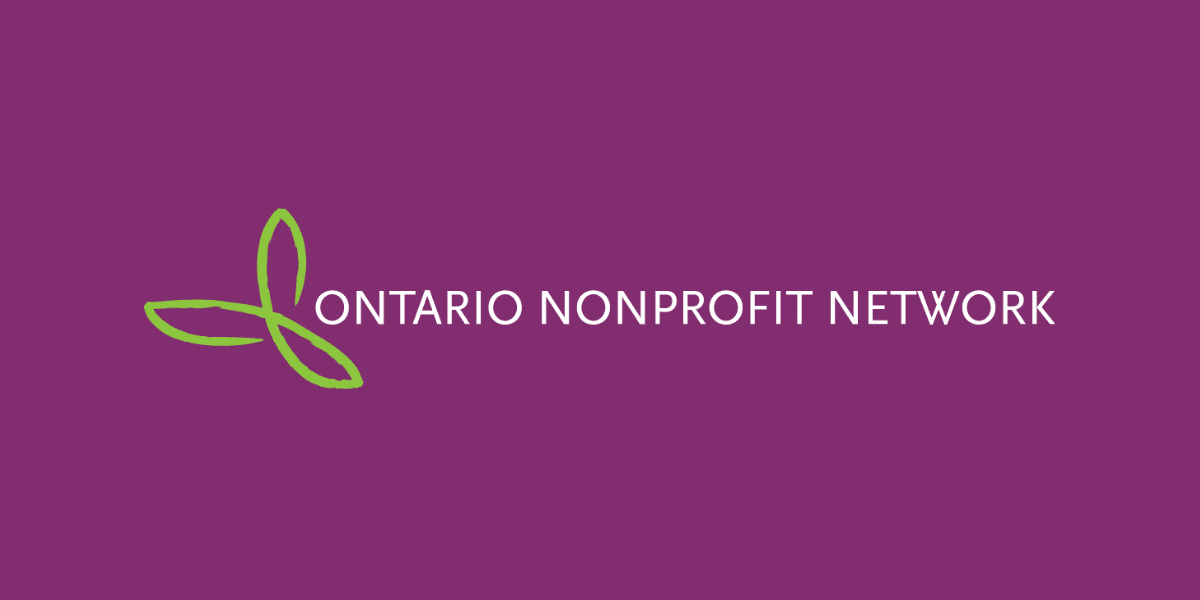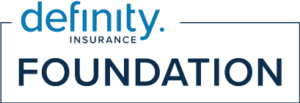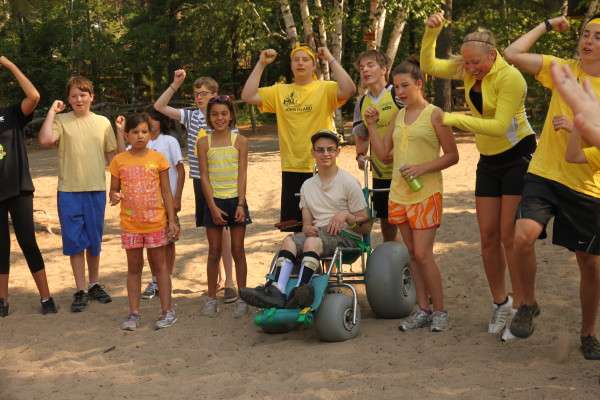
Blog
Fully Integrated: Reach for the Rainbow teaches us a few things about accessibility
The nonprofit sector is positioned to champion accessibility. Many organizations work with persons with disabilities as part of their core mandate, and most nonprofits consider how their work contributes to inclusive communities. As a part of our EnAbling Nonprofits initiative, ONN is highlighting nonprofits that not only meet their accessibility compliance requirements, but go above-and-beyond to lead a culture of accessibility within their organizations and communities. Reach for the Rainbow is one of these organizations.
Inclusive integration
Integration helps removes barriers and increases access by including and engaging persons at all levels of ability in society. When this is done successfully, individuals with disabilities are more receptive to learning with a greater level of comfort. They are therefore able to have a higher degree of success in life, including a greater standard of mental health.
Reach for the Rainbow (RFTR) has pioneered the integration of children and youth with disabilities into society through summer camp programs in Ontario. Rather than establish new camps, RFTR partners with and modifies established camps to provide experiences in spaces that are adapted to become accessible. The entire model values 1:1 support, active participation, personal care, dignity, belonging and independence – all while meeting the needs of each individual child and their family.
In 1987, while working toward breaking down barriers for children with disabilities, RFTR had to overcome a few barriers of their own. Their first attempt involved one summer camp which intended to integrate 25 children. Unfortunately, many of the children were not successfully integrated and they were, in some cases, seen as liabilities by a few of the new camp partners. This was a critical learning point for RFTR and camp partners, which led to a collaborative approach which would make inclusionary standards, training and practices core elements of the camp infrastructure. RFTR now oversees over 500 children and youth with disabilities at 35 partnering camps across the province, annually.
What does this mean for other nonprofits?
The following challenges are a few examples specific to RFTR’s work. How many of these can your nonprofit relate to?
Partner Demand: Collaboration is the key to integration. As more partner camps and community organizations seek to engage their services, limited capacity cannot meet the increasing demands. Regional demand across the province is also expanding, and RFTR must develop new programs and resources for geographically-diverse communities.
Aging Clients: How do we continue to engage across generations? Inevitably, children and youth age and require innovative, age appropriate opportunities in order to participate.
Changing Canadian Demographic: As the population ages and baby-boomers become unable to care for their adult children with disabilities, communities will struggle to meet the critical demand for more resources.
So how do we move forward? RTFP encourages organizations to:
1. Assess where they are at in terms of accessibility and establish a benchmark
2. Determine the order of which critical steps need to be taken, while keeping in mind the resources that are available to achieve those steps
3. Work to exceed the expectations of accessibility standards in your organization planning. This commitment to alter activities to become more inclusive helps RFTR’s campers, staff, and volunteers become more inventive and problem solve in other settings.
Inclusion is an attitude.
Attitudes toward accessibility can’t be legislated; they can only be fundamentally transformed. A strong commitment to accessibility within organizations and communities means embracing positive models, first person language and inclusive messaging.
RFTR exists because there is still a need for acceptance and changing attitudes. The children at these camps teach those around them crucial life lessons about equality. Counsellors at RFTR, through training and interaction with the children, end up becoming ambassadors of accessibility in their own communities and institutions.
As nonprofit leaders, we can also be these ambassadors.
